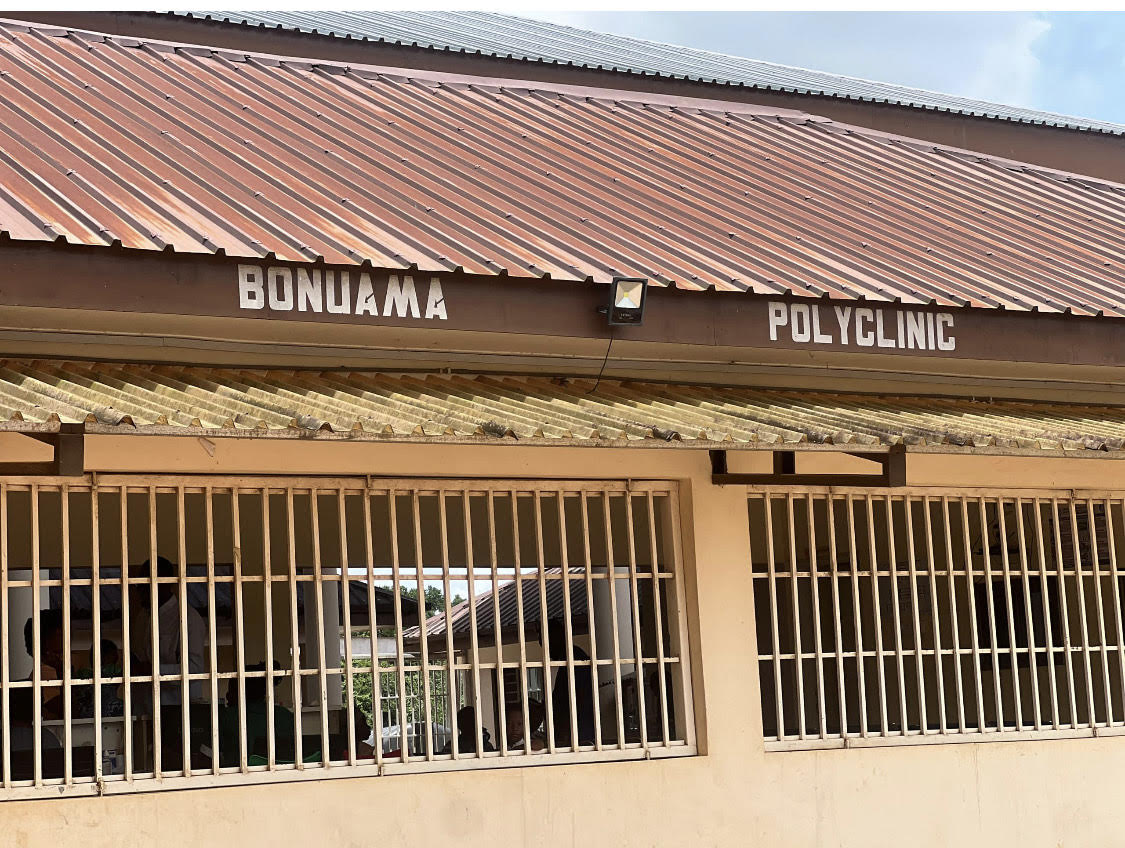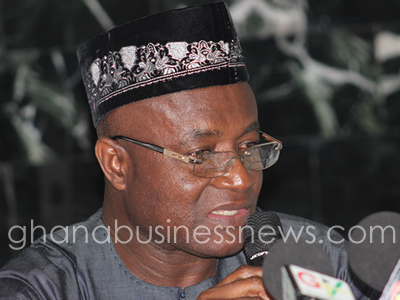
He said a quality policy was developed under the Pan Africa Quality infrastructure, which is now with the policy level of the African Union Commission for approval due to the outbreak of the COVID-19 pandemic.
Dr Nsengimana said this when he led a delegation to pay a courtesy call on Mr Wamkele Mene, the Secretary-General of the AfCFTA Secretariat and his team in Accra to engage on standards related objectives of the AfCFTA.
The need to develop a Pan-African Quality Policy is derived from Agenda 2063 of the African Union, the blueprint and master plan for transforming the continent into a global powerhouse of the future.
The agenda prioritized inclusive social and economic development, continental and regional integration, democratic governance, peace and security, aimed at positioning Africa to become a dominant player in world space.
The quality policy is expected to serve as a guide to the development and harmonization of national quality infrastructure projects.
It will position the continent for the present challenges and future in the exchange of goods and services with the rest of the world for mutual benefit.
“The endorsement of AfCFTA by many countries in Africa emphasises the need for a Pan Africa Quality Policy to ensure synergy, reduce duplication of efforts, and ensure harmonization of standards and conformity assessment procedures for international standards.”
Other areas Dr Nsengimana touched on included issues of technical framework for AfCFTA, conformity assessment and made in Africa concepts, which focused on quality, rules for origin and intellectual property.
A market of 1.2 billion people and a combined Gross Domestic Product of $3 trillion offers a huge opportunity to exploit the abundant wealth and resources of the great continent for the benefit of all.
In his response, Mr Mene commended the team for the visit, stressing that about 37 African countries had ratified the agreement of AfCFTA and was confident that the rest would join by the end of the year.
“We are building a strong country to commit to the objectives of the agreement in opening market access across the continent,” he said.
He said the AfCFTA signals that Africa was open for business and mutually beneficial investment would create decent jobs and improve livelihoods.
He said the Secretariat had made strides in AfCFTA related objectives with the establishment of implementation committees, adding that the committee on rules of origin was 86 per cent concluded.
Mr Mene noted that the engagement was an opportunity to leverage on the AfCFTA implementation and would continue the discussions to achieve the objectives.
Mr Silver Ojakol, the Chief of Staff, AfCFTA Secretariat emphasized the importance of standardization, which he said played a critical role in the success of African trade.
The stakeholders pledged to work together to address issues related to women in Small and Medium Enterprises since they play a key role in the development of AfCFTA.
Professor Alex Dodoo, the Director-General of Ghana Standards Authority, said Ghana was fully committed to ensuring the success of the free-flow movement of trade and investment.
We are excited about the gesture and see AfCFTA as a blessing to solve our challenges in the African trade arena, he said. Read Full Story



























Facebook
Twitter
Pinterest
Instagram
Google+
YouTube
LinkedIn
RSS